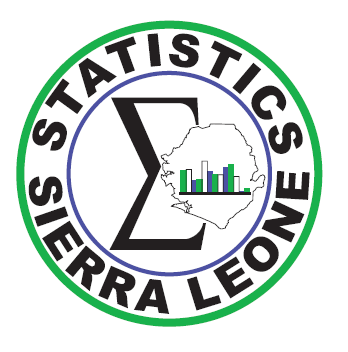Misuse of state funds hinders the development of our country
Sierra Leone since independence can only boast of few achievements whilst some of her neighbours like Guinea and Liberia continue to push ahead of us in the development process.
Before the war, Liberia was far ahead of Sierra Leone in terms of development as business people in Sierra Leone used to flock into Liberia to purchase goods and have them sold here.
The same thing applies to Guinea, and in fact there was a time when over 100 people got drowned at sea whilst traveling back from Conakry on an errand to buy goods. This incident has happened time without number but Sierra Leoneans have yet to learn. They don’t learn because of the situation in the country.
To go straight to the point, let me take my readers to the topic: misuse of state funds hinders the development in any country! Before going further let me explain to my readers the meaning of state fund. State funds can simply be defined as money or revenue generated by the state through taxes, fines, listeners and other specific charges that are collected or levied on the public. Donor funds are also referred to as state funds.
The problem we are facing in Sierra Leone is that revenue generated does not reflect on the development of the country. To me personally, this is where the misuse of state funds start. Institutions and commissions set up by government are most times in the habit of misusing state funds which hinders the development processes of the country. Purchasing of expensive and luxurious vehicles such as cars, jeeps, etc., with thousands of dollars for managers, directors and other heads of government department needs to be reviewed by instituting stiff legislative policies.
This flagrant use of tax payers’ money cannot go on in this reckless fashion at the expense of meaningful development. State functionaries need to know that Sierra Leone like most countries in the sub-region is a creeping economy. Therefore revenue generated internally must be judiciously used for its rightful purpose.
The National Public Procurement Authority charged with the responsibility to procure goods and services on behalf of the government is one agency where funds could be wasted through the wrong award of contracts. This is an area that must be monitored strictly. The Chief Executive Officer of the Authority, Dr Alfred Kandeh, a Procurement specialist, told journalists at a recent press briefing at the Conference Room of the Ministry of Information and Communication, that the NPPA was presently faced with many challenges and difficulties as far as procurement was concerned. This, he said, was as a result of procurement planning and adherence to plan. He said even though the capacity within the various institutions to carryout procurement does exists in certain ministries, they still have problems with the civil service structure with poorly trained procurement officers, noting that the lack of proper monitoring leads to lots of unfinished projects.
But one will continue to wonder why is it that Sierra Leoneans who should help in the development process are the very ones exploiting their country just because of selfishness?
A Swedish journalist who recently visited Sierra Leone told this writer that during his two weeks stay here, he did observe that senior government officials enjoy many facilities at the expense of the masses.
This he said leads to misuse of state funds and therefore needed urgent government attention. He advised government to come up with a policy to avoid the many wastages especially expensive vehicles for directors, managers or commissioners. Such funds could be utilized on some other development programmes.
The thousands of dollars spent to buy a Prado jeep for just one director or manager could better be used to have an official bus to transport officials to and from work in a ministry or department. This, he said, will help save time and cost of maintenance of just one government jeep.
A very useful advice, but will the government listen?
Stay with Sierra Express Media, for your trusted place in news!
© 2010, https:. All rights reserved.




